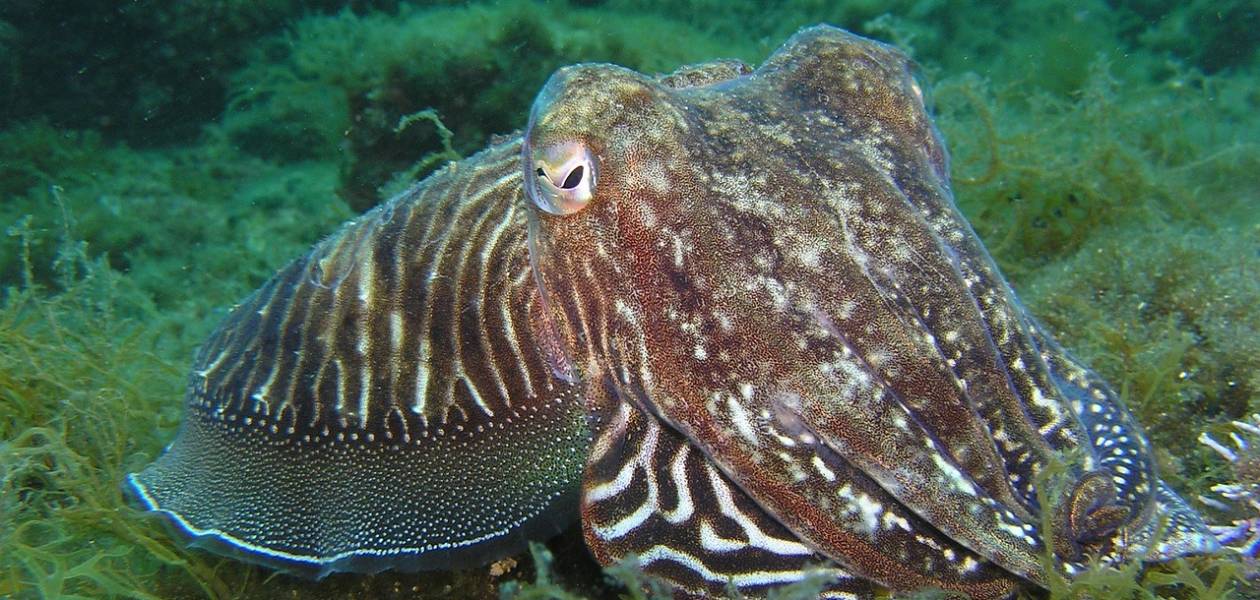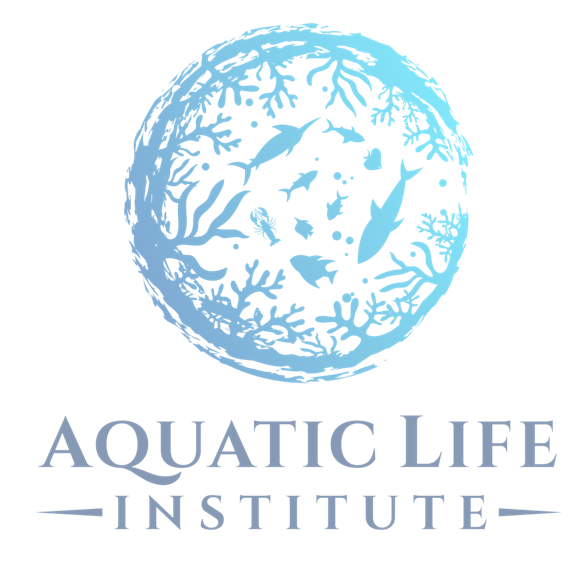
More than 119 organizations from around the world have come together to urge the Universidad Autonoma de Mexico to put an end to the octopus farming operations in Sisal, Yucatan. The Aquatic Life Institute (ALI), an international non-profit organization focused on improving the welfare conditions of aquatic animals exploited in the global food system, has published a report on the research being carried out by the institution and its partner, Moluscos del Mayab, regarding the farming of octopuses.
Numerous animal and environmental protection organizations, scientists, and politicians, have raised serious concerns about the negative impacts of octopus farms on animal welfare, biodiversity, biosecurity, environmental degradation, antibiotic resistance, public health, and the livelihoods of coastal communities.
The mortality rate of the octopus farm in Mexico is an alarming 52%, which is unacceptably high for any animal production setting. To provide context on this number, there was recent public outcry on the report that salmon farms in Scotland presented a 20% mortality rate in 2022.
In addition to the high mortality rate, the octopus farm presents other potential threats such as the transmission of pathogens to the surrounding coastal ecosystem and further harm to the wild population of octopuses in the region, which constitutes the livelihood of local fishermen.
Despite claims that this farm contributes to the conservation of octopus in the region, it can potentially have the opposite effect, as has happened with salmon farms around the world, which have harmed wild populations and further contributed to their vulnerability.
Given that Octopus are carnivorous, an octopus farm adds pressure on other species ground up for feed, such as crab and squid, which are used by the Sisal farm. These species are also desirable for human consumption, which generates direct competition with the food security of the population of the coastal region. Furthermore, the lack of employee training poses health risks for workers.
The Aquatic Animal Alliance, led by Aquatic Life Institute, is calling on the Universidad Autonoma de Mexico to cease the research on octopus farming and shift its focus to more sustainable research that supports the conservation of octopuses and other species in the ecosystem. “Research focused on species’ sustainability will improve the livelihoods and food security of the local community, while protecting animal welfare, biodiversity, and biosafety”, said Sophika Kostyniuk, Managing Director of Aquatic Life Institute
The global public opposition to octopus farms is growing, and policy makers are taking a stance against these unsustainable farming practices, recently witnessed in Hawaii , where an octopus farm was shut down, and in Washington State, where a bill is currently making its way through the state legislature that would ban all future octopus farming endeavors.
About Aquatic Life Institute

Aquatic Life Institute is an international non-profit organization that works on advancing aquatic animal welfare in both aquaculture and wild capture fisheries globally. The organization works with certifiers, nonprofits, academic institutions, industry stakeholders, governments and the public to improve welfare of aquatic animals.
About the Aquatic Animal Alliance
The Aquatic Animal Alliance is a global coalition of 130 organizations in 67 countries that collaborate to improve the conditions of aquatic animals in the food system.
Posted on 2023-03-17 12:56








Comments